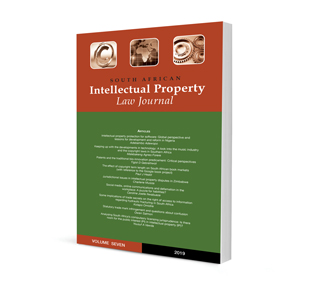Intervention in South African municipalities: Dangers and remedies

Intervention in South African municipalities: Dangers and remedies
Authors: Victoria Bronstein & Daryl Glaser
ISSN: 1996-2177
Affiliations: Associate Professor of Law, University of the Witwatersrand; Professor of Political Studies, University of the Witwatersrand
Source: South African Law Journal, Volume 140 Issue 1, p. 95-125
https://doi.org/10.47348/SALJ/v140/i1a5
Abstract
South Africa’s Constitution guarantees municipal autonomy; at the same time it enjoins the different elements of the state to co-ordinate their efforts through ‘co-operative government’ and, in conjunction with legislation, it under some circumstances permits (or even requires) provincial and national government to intervene in local government affairs to secure effective government and oversight. These powers of intervention, justified by reference to s 139 of the Constitution, range from disciplining errant councillors to the forced dissolution of non-performing municipalities. Some welcome such intervention as a counterweight to local-level corruption and inefficiency, but in a partisan environment, especially where different spheres are controlled by different parties or coalitions accountable to distinctive electorates, these powers of intervention are, we argue, open to political abuse. This abuse is likely to become more prevalent as unstable local coalition governments become more common, providing more pretexts for intervention and opportunities for councillors in political minorities to subvert their own councils in the hope of inviting intervention by higher-tier actors associated with their own party. In line with the 2021 Constitutional Court case censuring the dissolution of Tshwane Municipality by the Gauteng government, we argue for restricting grounds for intervention, especially more radical forms of intervention. As far as possible, the task of removing corrupt and inefficient local councils and councillors should be left to local voters.
